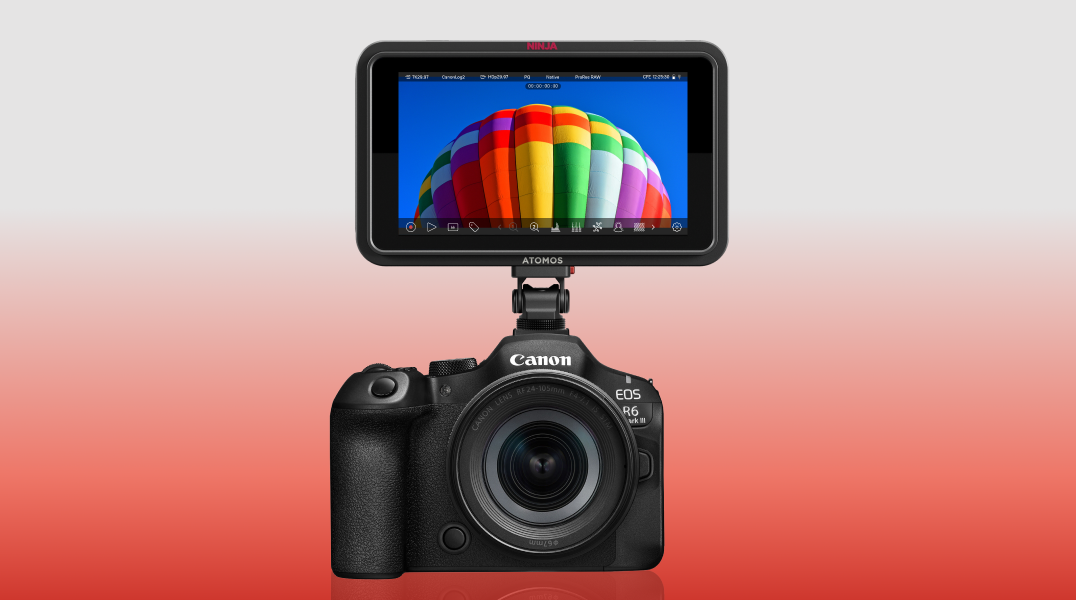AT&T targets pirated content
AT&T has become the first major network operator to vow to keep pirated films, music and other copyright-protected content off its system.
AT&T’s plan is controversial because major network providers traditionally route all content neutrally, without discriminating in favor or against a particular content or application.
The San Antonio-based telco started working last week with studios and record companies to develop anti-piracy technology that would target the most frequent offenders, James W. Cicconi, an AT&T senior VP, told the “Los Angeles Times.”
Now that AT&T has begun selling pay-TV services, the company has realized that its interests are more closely aligned with Hollywood, Cicconi told the “Times.”
Earlier this month, about 20 technology executives from Viacom, its Paramount movie studio and other Hollywood companies met at AT&T headquarters to start devising a technology that would stem piracy but not violate privacy laws or Internet freedoms espoused by the FCC, the “Times” reported.
Critics and AT&T customers, however, reacted with outrage. Detection technologies are not effective and hackers will defeat anything AT&T tries within a short time, critics said.
The Electronic Frontier Foundation, a digital media rights group, blasted the AT&T action, calling it “pure vaporware” and noting that it is bound to haphazardly restrict legitimate, lawful traffic. “The AT&T Internet traffic cop appears poised to shoot first and ask questions about the impact on your civil liberties and ability to access lawful content and applications later,” the EFF said in a statement.
The professional video industry's #1 source for news, trends and product and tech information. Sign up below.
Fred von Lohmann, senior attorney with the EFF said, “The risk AT&T faces is fighting the last war by spending money and energy plugging an old hole in the wall when new ones are breaking out.” He said the company should be pushing the content owners toward a better way that allows fans to share content and artists to get paid.
Verizon Communications, which has vowed to guard the privacy of its customers, has so far not offered a network anti-piracy tool. It defeated in court the recording industry’s demands to reveal names of those allegedly involved in downloading pirated songs.
